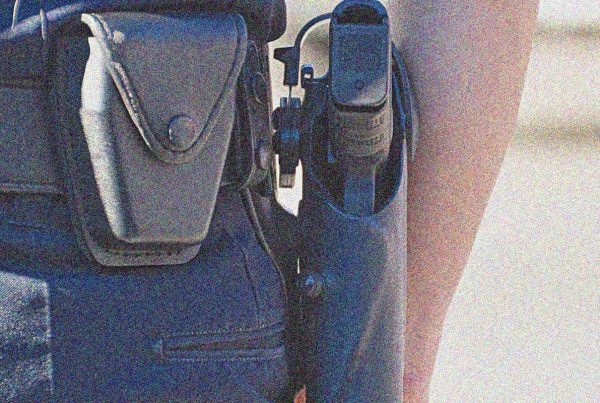In R. v. Myers, the Supreme Court was tasked with interpreting a somewhat obscure Criminal Code provision dealing with review of pre-trial detention. The case has up until now received scant attention in the press or in the legal community. And yet, in its unanimous decision siding with the CCLA’s position, the Supreme Court may well have released a new Jordan, shaking up the bail system in profound ways. And thankfully so, given the lamentable state of pre-trial custody across the country.
Myers clarifies how to properly interpret s. 525 of the Criminal Code, a provision that gives accused persons detained pending trial an automatic review of their detention after 90 days. The provision has been inconsistently applied across the country. In most provinces, the “90-day bail review” generally took the form of a perfunctory check-in with the court, or was not even held at all based on an interpretation of the provision requiring the person in custody to first show that the delay in arriving to trial was unreasonable. The Supreme Court was asked to adopt such a “two-step” approach, placing a threshold onus on the accused. It rejected it.
The CCLA argued that no preliminary threshold needed to be met before reviewing whether a person’s detention remained justified. Parliament had already set out that threshold in express terms: 90 days. We made the case that the question the court needed to answer on a s. 525 review was whether, after having detained a person who is presumed innocent in a custodial setting for three months, we were still justified in withholding their liberty? The CCLA submitted that s. 525 was part of Parliament’s solution to the problem of induced guilty pleas: the longer a person spends in custody awaiting trial, the more likely they are to plead guilty. It also afforded a mean to prevent accused persons from spending more time in pre-trial custody than they would serve their sentence in the event of a conviction. Ninety days had to be understood as the point in time chosen by Parliament for a meaningful re-assessment of whether the pre-trial detention continued to be justified.
On behalf of a unanimous court, Chief Justice Wagner endorsed all of these arguments, explicitly quoting CCLA’s submission that “today, as before, three months is a long time for a person who is presumed innocent to be held in jail awaiting trial”. Ninety-day bail reviews are therefore intended to be mandatory and automatic – and need to be brought promptly by the institution with custody of the accused. The question that the judge must answer at a s. 525 hearing is whether the continued detention of the accused in custody is justified, within the meaning of s. 515(10). In determining whether the detention remains justified, the judge should consider the time that has elapsed — or is anticipated to elapse prior to trial — and, importantly, the proportionality of the detention.
The Court also took the opportunity to comment on problems affecting the bail system generally, stating that “delays in routine bail and detention matters are a manifestation of the culture of complacency denounced by this Court in Jordan, and must be addressed.” It made clear that release “at the earliest opportunity and in the least onerous manner” is the rule – pre-trial detention being the exception. This case is an important step towards correcting a broken bail system.
About the Canadian Civil Liberties Association
The CCLA is an independent, non-profit organization with supporters from across the country. Founded in 1964, the CCLA is a national human rights organization committed to defending the rights, dignity, safety, and freedoms of all people in Canada.
For the Media
For further comments, please contact us at media@ccla.org.





